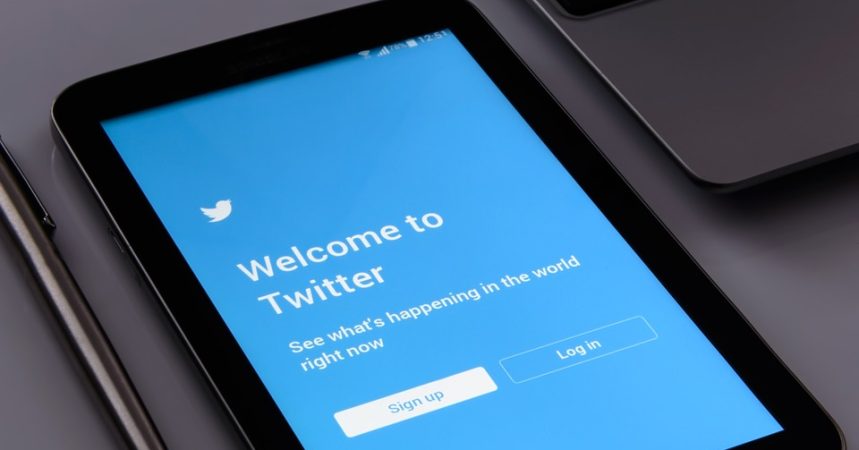How The Facebook Algorithm Works: The Four-Step Ranking Process
Barsha Bhattacharya, 2 days ago

Barsha Bhattacharya, 3 days ago

Shahnawaz, 4 days ago

Barsha Bhattacharya, 1 week ago


Does the big bird have wings? Twitter is beset with problems on every front, many of which are intensifying rapidly. If you are a Twitter user or a Twitter investor, you’ve got to be wondering and worrying whether Twitter has the financial strength and strategic smarts to overcome its problems and become a thriving communication platform and profitable operation.
Recommended reading: Effective Twitter Marketing Tips From The Pros
Here is what Twitter is up against.
Twitter stock (TWTR) has shot up 25 percent over the last three months, thanks in part to the success of its live video streaming, a healthy increase in active users, and an overall bullish stock market (a rising tide lifts all boats).
Nevertheless, the long-term forecast for Twitter is mostly cloudy:
These numbers suggest prosperity is not around the corner, but rather that Twitter’s future is around the corner.
Read also: The Top Social Networking Sites People Are Using
It’s likely that the recent uptick in Twitter’s users has something to do with a surge in politically themed conversations. Candidate and now President Trump’s tweets, along with active tweeting from politicians and partisans, have begun to dominate not only Twitter, but also news media in general — the new news story template is, “‘X’ tweeted this, and ‘Y’ responded by tweeting this.”
Many political tweets are extremely partisan, divisive and off-putting to not only other types of Twitter users but also to advertisers. With political sensitivity at such a high level everywhere on the political spectrum, Twitter’s advertisers are sure to offend someone; a much safer course would be for them to take their advertising elsewhere, to less politically charged social platforms. This possibility does not bode well for Twitter’s revenue production.
Many Twitter users have begun to turn away from the platform — not only because of unpleasant conversations but also because of the endless trolling on every topic, bot-driven spam, “fake news,” and aggressive sales and marketing tweets (“noise”) from every type of business under the sun.
These conversational issues, which seriously damage the Twitter user experience, have no easy answers. Twitter would love to stamp out “fake news,” but how? It’s censoring of users based on their opinions can’t help but seem unacceptable, unwarranted and/or unfair, depending on each particular user’s point of view. Determining what information is truly, objectively accurate (i.e., not fake) for 6,000 tweets per second cannot be done.
Bots? Seems like the only way to stamp them out once and for all would be for Twitter to demand all user accounts be verified, something it is unlikely to do because many users will be unwilling to comply. The issue of whether Twitter users have the right to be anonymous is a quagmire unto itself. Regardless of how one feels about anonymous social media users, anonymity facilitates shrill and offensive tweeting that drives away serious-minded users.
It’s certainly true that Twitter is not the only social platform beset with these communication problems. However, if a platform is making money hand over fist (say, Facebook) it has time to work out solutions. Twitter, with the profitability clock ticking like a time bomb, does not.
There are ways Twitter may be able to survive, turn a profit and satisfy its user base:
Read also:
Abdul Aziz Mondol is a professional blogger who is having a colossal interest in writing blogs and other jones of calligraphies. In terms of his professional commitments, he loves to share content related to business, finance, technology, and the gaming niche.